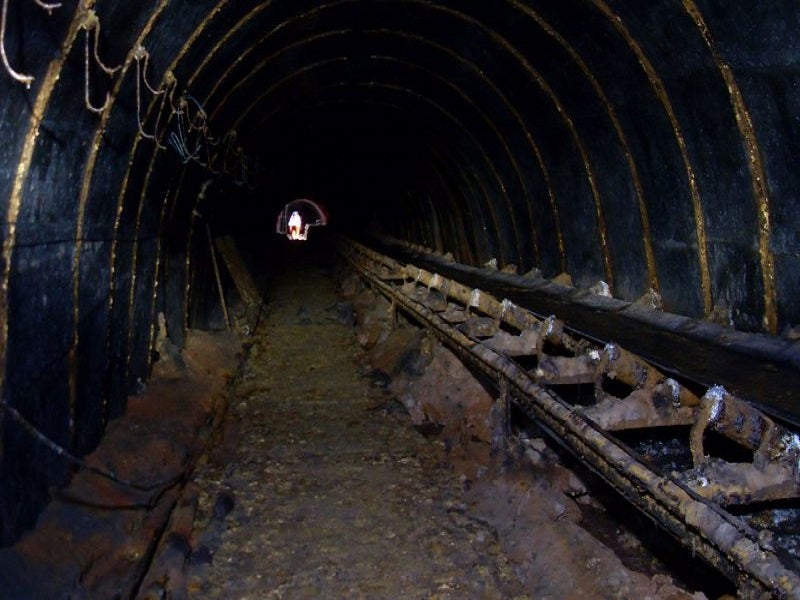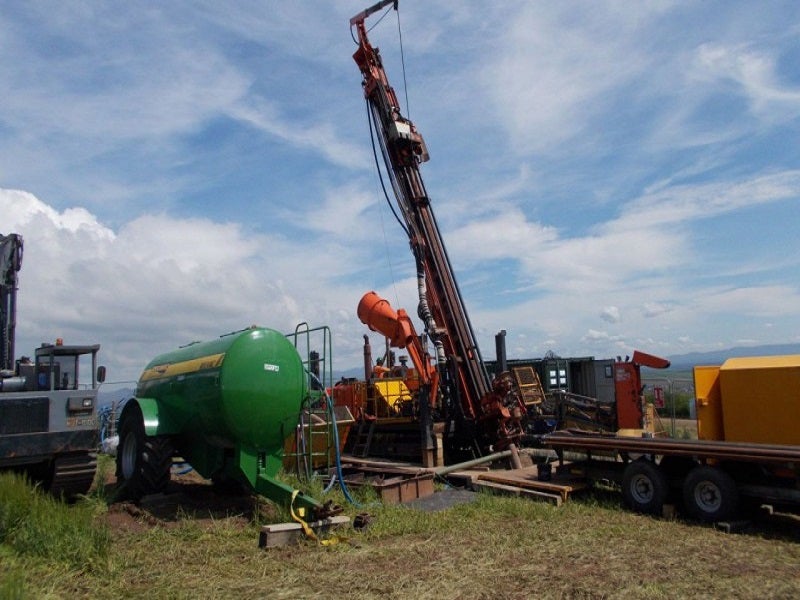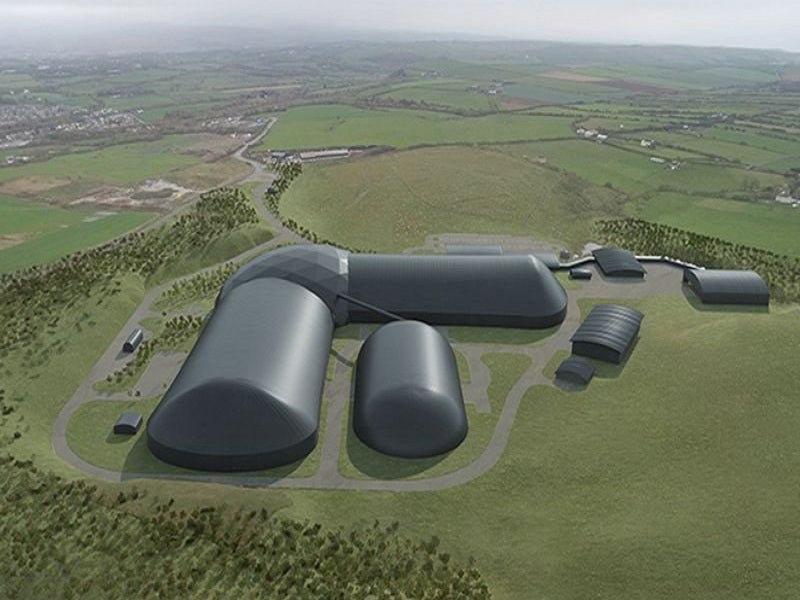Woodhouse Colliery is a new underground metallurgical coal mine being developed near Whitehaven, West Cumbria, UK. It is set to become the first deep coal mine to be developed in the UK in the last 30 years.
West Cumbria Mining (WCM) is developing the project on a brownfield site, which was previously known as the Cumbrian metallurgical coal project.
The £165m (approximately $218m) deep coal project is expected to process up to 3.1 million tonnes per annum (Mtpa) of coal from the new coal preparation plant, through its operational life of at least 40 years.
Pre-feasibility study (PFS) of the project was completed in May 2016 while the definitive feasibility study (DFS) was completed in June 2019. The project, involving underground and offshore coal reserves, secured planning approval from the Cumbria County Council (CCC) in March 2019.
The council, however, faced protests from environmentalists, who opposed the approval, while Westmorland and Lonsdale MP, Tim Farron, demanded the government to withdraw the approval. The government, however, rejected the application and supported the approval given by the CCC.
Site preparation works at the Woodhouse Colliery are expected to be commenced in early-2020, with first coal production aimed for 2021.
Woodhouse Colliery location and background
The mine is situated within the former Marchon Industrial site in Whitehaven. It will access the offshore coal seams through the existing Sandwith Anhydrite mine portals.
The project is a part of the Cumbrian Coalfield, which hosted the former Haig Colliery. The colliery extracted 48Mt of coking coal between 1914 to 1986, the majority of which is from beneath the seabed over four miles offshore.
Woodhouse Colliery contains coal in two main seams – Bannock Band and Main Band, which contain coal with an average thickness of 2.4m. WCM conducted a series of onshore and offshore coal exploration between 2014 and 2015 with the aim of constructing a large-scale, state-of-the-art underground coking coal mine.
The coal identified at the project is highly volatile, hard coking coal (HV HCC), which is widely used in steel-making. It is expected to have ultra-low ash (less than 4%), extremely low phosphorous (less than 0.01%) as well as excellent furnace performance characteristics such as extremely high fluidity (30,000dppm).
Coal mining and processing at Woodhouse Colliery
Run-out and pocket partial extraction system of underground mining will be applied at Woodhouse Colliery. Underground mining will be conducted during the first five years in a 302ha area. Offshore and under the sea-coal mining will be performed in the later stages, targeting the coal seams located approximately 350m below surface.
Bolter miners will be employed to develop the gate roads required for the panel and drive a run-out roadway. Continuous miners will be used to cut the coal while shuttle cars will transfer the coal from the respective miners to the feeder breaker.
Coal will then be transported to the surface through an underground conveyor belt and delivered to the new processing and storage building on the old Marchon site near Whitehaven. The processing plant will be a ‘building within a building’ model aimed at minimising noise, dust, and light impact.
Coal transportation from Woodhouse Colliery
The processed coal from Woodhouse Colliery will be delivered to a train loading facility at the Redcar Bulk Terminal through a 2.2km-long buried conveyor. The coal will be carried for further shipment to steel producers in the UK or rest of Europe by six trains a day.
Freightliner, the rail freight partner for the project, will provide the most modern fleet of Class 70 locos and HHA coal wagons for coal transportation.
Metallurgical coal will also be supplied to steel plants at Scunthorpe and Port Talbot, supporting the British steel industry.
Financing of Woodhouse Colliery
West Cumbria Mining received £14.7m ($25m approximately) in private equity financing from EMR Capital Resources Fund 1, a mining-focused private equity fund based in Australia.
Contractors involved
WCM engaged Hargreaves as a specialist contractor for the coal project, while Priority Drilling was awarded the drilling contract.






